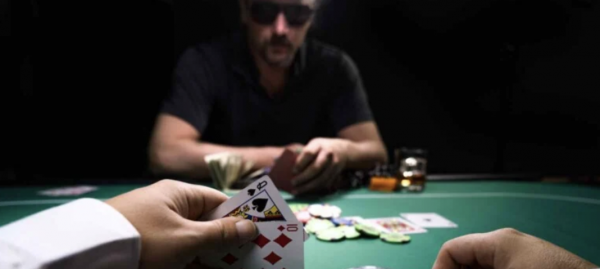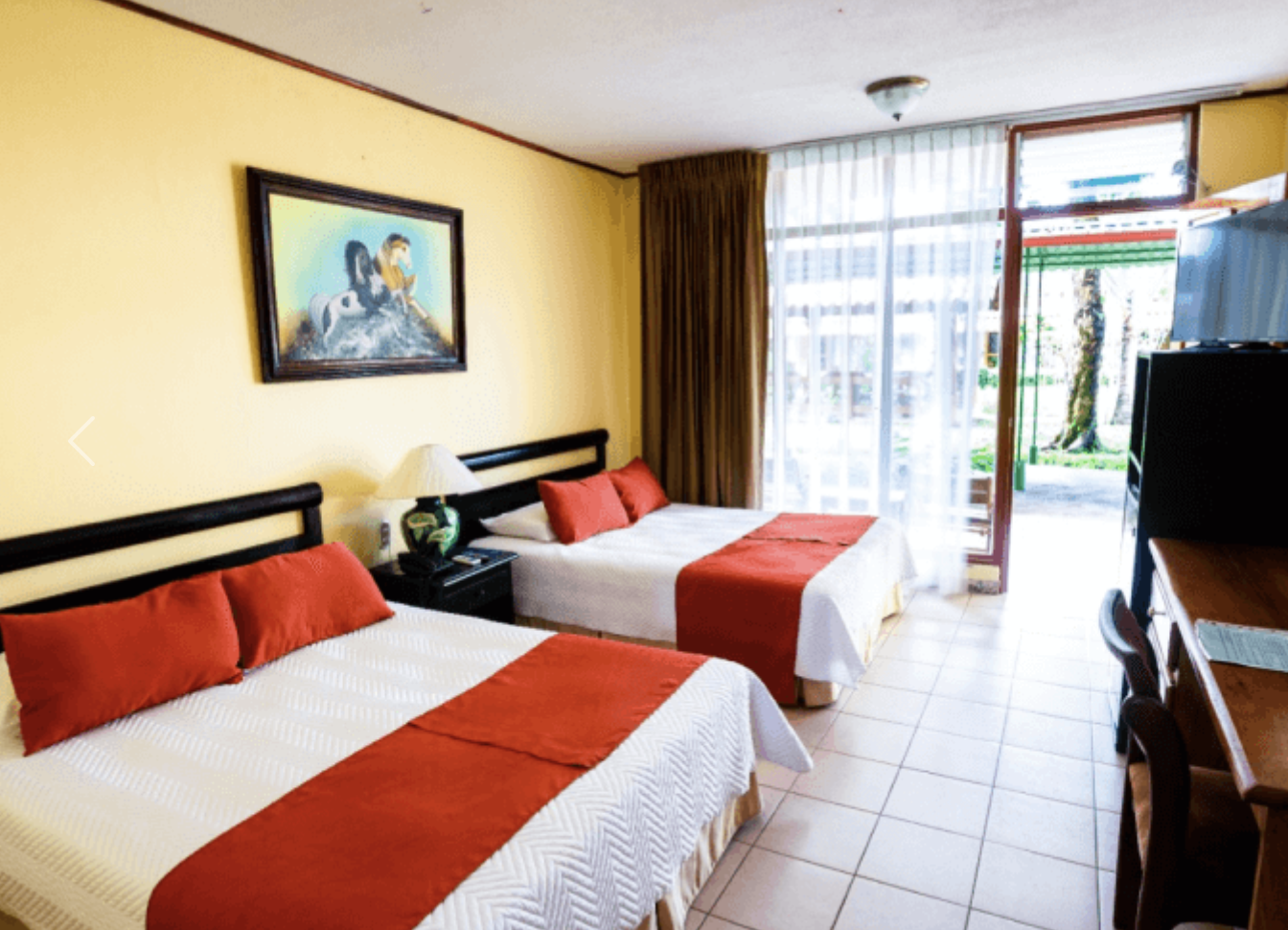Are Poker Players Really Cheating With Tiny Cameras?
Several recent schemes were uncovered involving poker players at casinos allegedly using miniature cameras, concealed in personal electronics, to spot cards, according to a report last week on Wired.com.
They profiled one specific player named Matt Berkey, who became suspicious while playing in a well-known casino poker room over the summer.
Berkey is a well known high stakes cash player in Vegas.
He observed one player wearing earbuds, which immediately raised alarms.
“Nobody has headphones on during our games,” Berkey says. “The player in question had headphones in, so that’s already a bit off.”
Come Visit the Beautiful Amapola Resort in Jaco, Costa RicaThis fabulous resort operator has just opened a new worldwide online sportsbook with high stakes gamblers welcome with top limits.
|
Then there was the player's style of play.
Texas Hold’em, the game being played, features two individual cards dealt to each player, plus five community cards dealt in stages to the center of the table. Players combine their own cards with the community cards to make the best possible five-card poker hand. There are four rounds of betting: One before any communal cards are dealt, one after the first three communal cards are spread at once (the part of the game known as “the flop”), one after the fourth communal card (“the turn”), and one more after the fifth and final communal card (“the river”).
Berkey noticed that, despite presenting as an amateur who was clearly the least skilled player at the table, the suspicious player never seemed to lose on the river. When he was in a hand that reached that point, he always either folded or showed the winning hand—one of the first red flags seasoned poker players have come to recognize in suspected cheating situations. As the thinking goes, cheaters with knowledge of their opponents’ cards prefer to wait until all communal cards are dealt before making large bets, allowing them to do so with perfect information about who holds the best hand, which often isn’t certain until that final card.
“Playing all rivers perfectly over an eight-hour sample—that’s an anomaly that isn’t really statistically possible, especially from a recreational player,” Berkey says. “When you start to see things that don’t add up, like the least skilled player in the game never showing down a losing hand, that kind of begins to trigger your suspicions.”
The player also had his phone and earbuds case arranged around him, with the case on the felt and his phone on the rail that runs along the table’s edge.
Hidden cameras can be placed at felt level with the ability to capture the faces of cards as they’re dealt while transmitting that intel to an accomplice.
But was that happening here?
Berkey says he quietly alerted other regulars of his suspicions, and the game eventually broke down, but not before the player had made enormous profits. “Not just for his skill level but for the stakes he was playing,” Berkey says. “He was up hundreds of thousands of dollars playing a $10,000 buy-in game.”
Berkey says he and the other regulars in the game flagged the incident to casino staff, but they are unsure what, if any, action was taken. Security for the casino declined to comment on this incident.
Several other such incidents involving the same suspected cheating method have been rumored in various locations over the past 18 months, including one other instance WIRED verified independently.
Not everyone is buying the Wired piece.
One Redditor commented:
"This article is brutal to read. It feels like it was written by a high school student who was told it had to be 8 pages long so he just filled it with nonsense that doesn’t add to the story at all ."
Another offered:
"Yeah, that is nonsense sample size to "prove" cheating. There's a reason it took like a 40 session video compilation to figure out Postle was (allegedly) cheating. I just googled and someone said they only see 6.3% of rivers for online 6m. Assuming it's more live, maybe a given player may see 10% of rivers. So assuming 240 hands over 8 hours, that's maybe 24 rivers seen. Probably in 75% of those rivers you hold really good or bad hands that the decisions are automatic, so maybe there's 6 real river decisions in an 8 hour session. So something like 1/(26) or 1 in 64 to play all the rivers visibly correct to an observer at the table. Even if you assume only 50% of the river decisions are automatic, 1/(212) = 1 in 4096. It wouldn't be that weird for anyone to have a great day like that.
"Usually when someone like Berkey is accusing them like this, the story is being simplified. For example, if someone keeps making the right decisions, and you ask them a question about their thought process, and their thought process is incongruent with their actions, red flags start getting raised. You can recreate their thought process and compare it to the hands that they play and find out that it's not congruent. You surmise they shouldn't have been able to make that disciplined fold with the thought process they have. It's basically why people thought J4o hand was cheating. J4o can in theory be called with certain forms of incorrect logic, but nothing she said matched a reason that would lead someone to call."

|
















